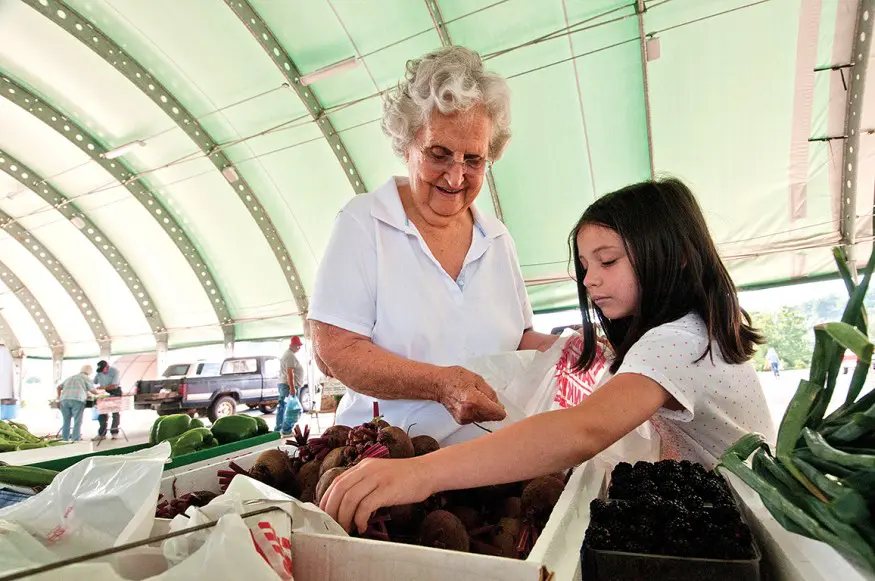Washington, D.C. – A new report released today by the U.S. Department of Agriculture (USDA), “Household Food Security in the United States in 2021,” revealed that while food insecurity fell significantly last year for families with children – progress that may now be impeded by federal COVID relief programs that have expired, it rose among households with no children – especially among women and seniors living alone.
“Today’s report shows that efforts by Congress and the White House to stem U.S. food insecurity among households with children during the pandemic, including the expanded Child Tax Credit and free school meals, worked,” said Rev. Eugene Cho, president and CEO of Bread for the World.
“Unfortunately, inflation and the fact that most of the programs put in place have since expired has created uncertainty about the future. As the costs of food and other necessities continue to rise and families struggle to put food on the table, we urge Congress and the administration to reinstate these programs,” said Cho.
Studies have reported the monthly Child Tax Credit payments families with children received from July – December 2021 resulted in a 24 percent drop in food insecurity among families who received it. The Pandemic Electronic Benefit Transfer (P-EBT) program, which provided food dollars to families to make up for meals their children missed during the summer or when schools were closed due to COVID-19, helped feed 30 million children.
According to the report, food insecurity among households with children fell from 14.8 percent in 2020 to 12.5 percent in 2021 representing the lowest level for this group so far this century. In households with children living below the poverty line where food insecurity is most concentrated, the rate dropped remarkably from 40.5 percent to 32.9%. But among households with no children food insecurity increased from 8.8 percent in 2020 to 9.4 percent in 2021. Food insecurity increased significantly among women and seniors living alone – from 11.0 percent to 13.2 percent and 8.3 percent to 9.5 percent, respectively.
“While we succeeded in reducing food insecurity among families with children, we need to ensure the continuation of these programs and do better for households without children – especially women and seniors living alone,” said Cho. “The Supplemental Nutrition Assistance Program (SNAP) remains a vital lifeline for all those at risk of hunger. Better outreach is crucial to reach all those in need, and too many people who should have access to the program are not able to participate.”
“We look forward to working with Congress and the administration to implement the programs and policies we know are effective in reducing hunger over the long term. Hopefully, the upcoming White House Conference on Hunger, Nutrition, and Health will be the next step,” said Cho. “As Proverbs 3:27 tells us – we must not withhold good from those to whom it is due when it is in our power to act.”


